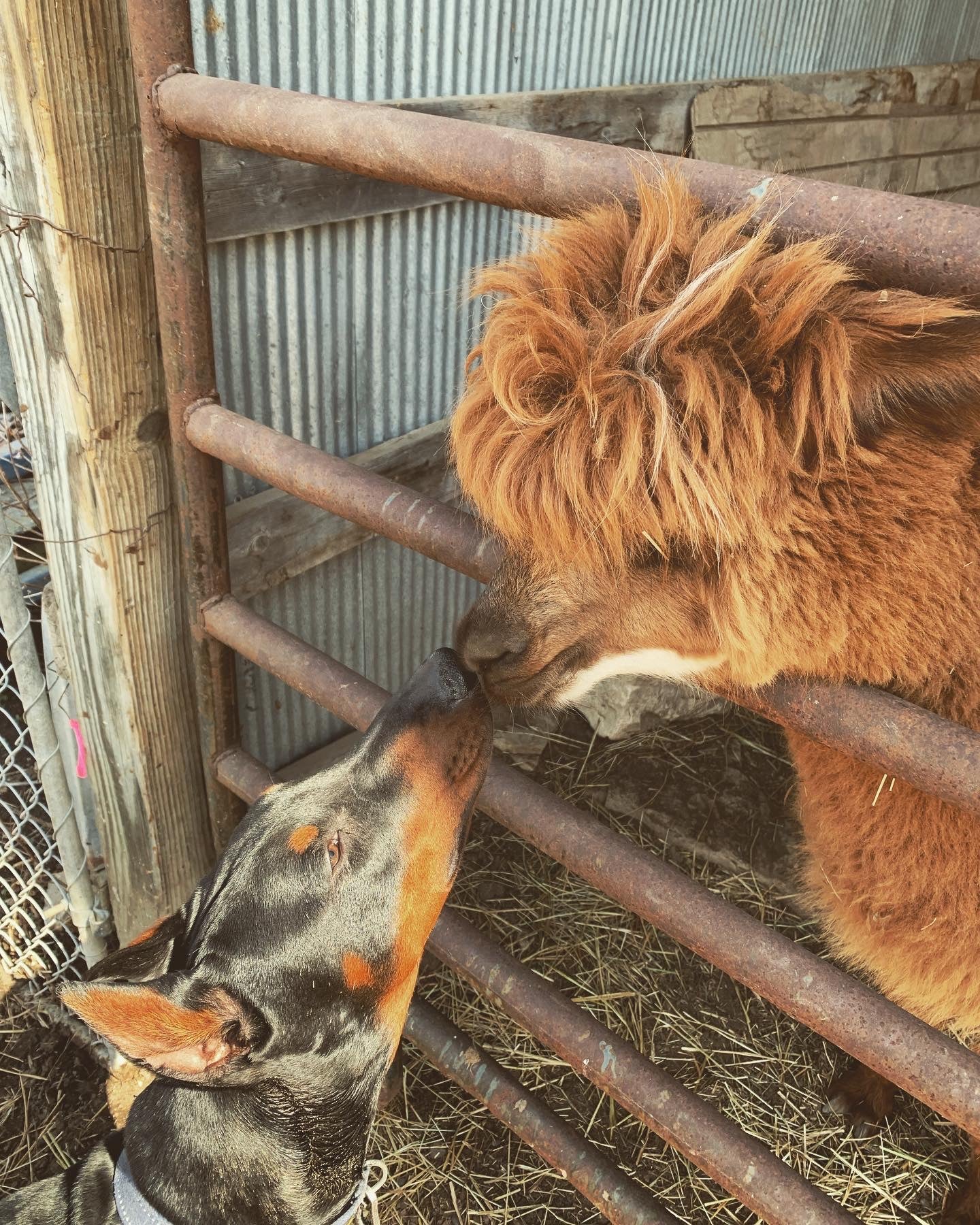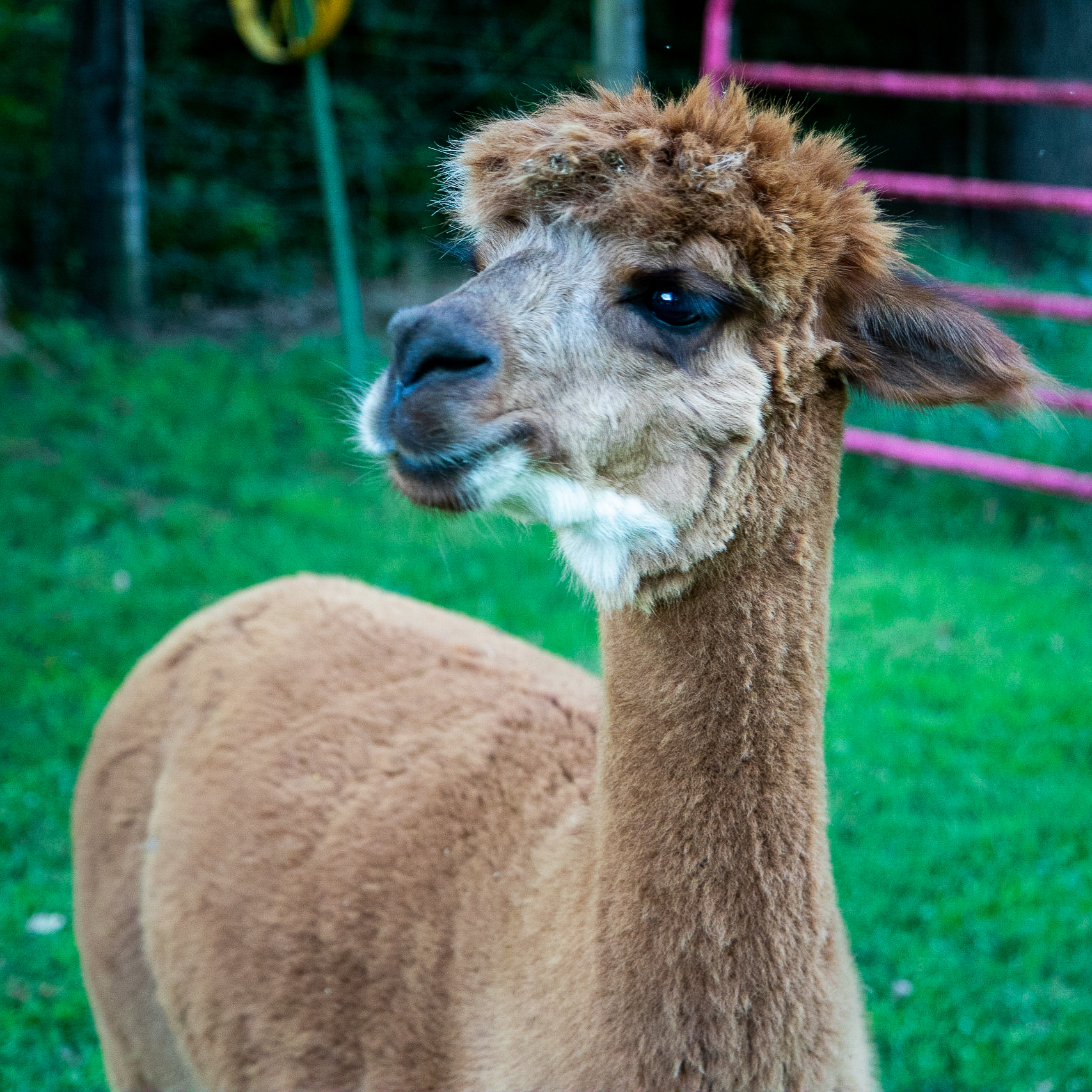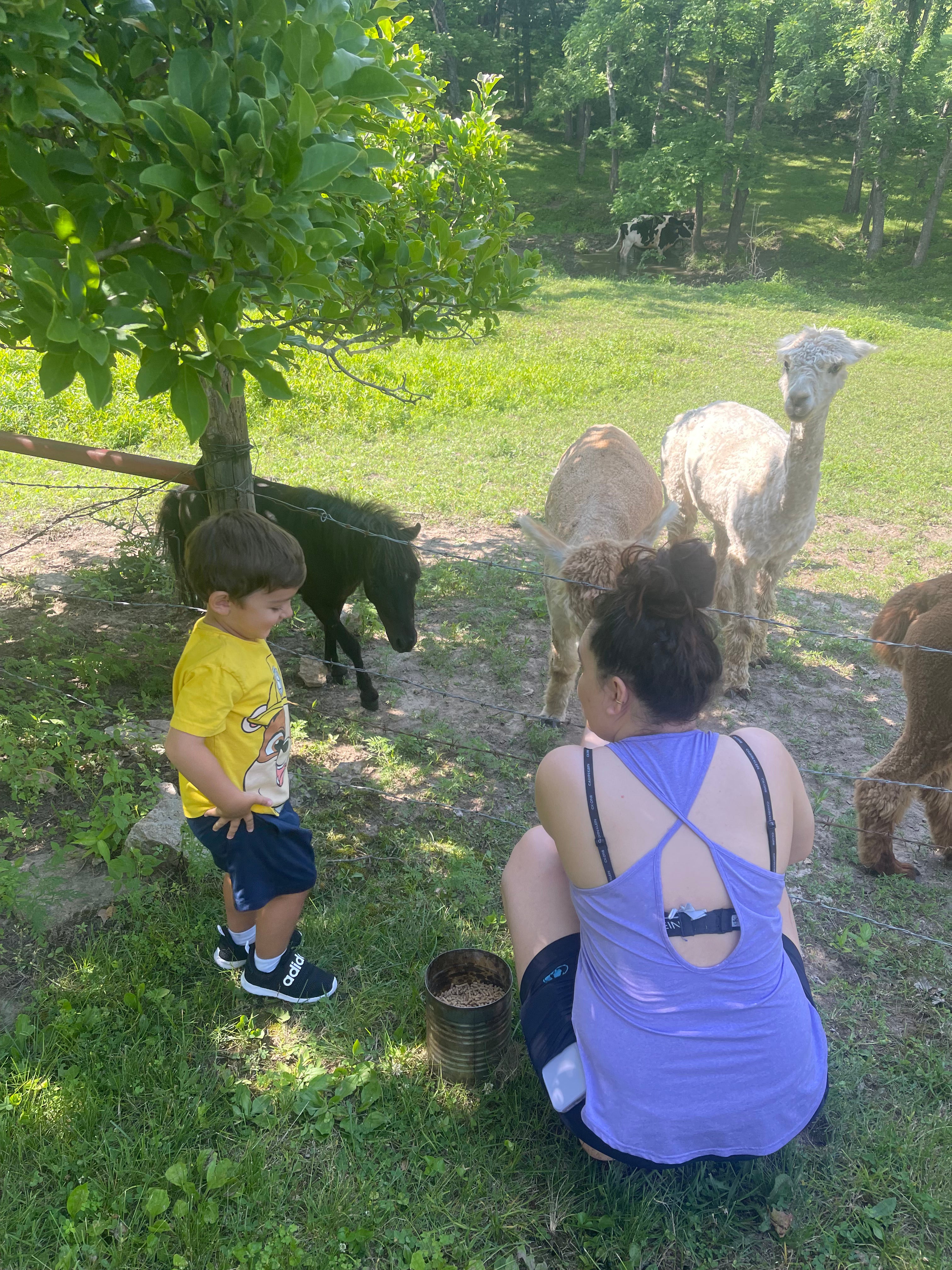GG's Alpaca Farm, LLC is committed to sustainability and promoting the use of alpaca fur as an environmentally friendly alternative to other harvested fibers. In this blog post, we will explore the unique qualities of alpaca fur and shed light on why it is considered a superior and more sustainable choice. Discover how GG's Alpaca Farm, LLC is making a positive impact on the fashion industry while prioritizing environmental responsibility.
The Remarkable Qualities of Alpaca Fur: Alpaca fur possesses several outstanding characteristics that make it a sought-after material. Discuss the following attributes:
a. Softness and Warmth: Alpaca fur is luxuriously soft, providing exceptional comfort and warmth, making it perfect for various garments.
b. Hypoallergenic Nature: Unlike many other animal furs, alpaca fur is hypoallergenic, making it suitable for individuals with sensitive skin or allergies.
c. Strength and Durability: Alpaca fibers are incredibly durable, offering longevity and resistance to wear and tear.
d. Natural Insulation: Alpaca fur provides excellent thermal insulation, keeping you warm in cold climates while allowing breathability.
Environmental Benefits of Alpaca Farming: Highlight the sustainability and environmental advantages of alpaca farming compared to other fiber production methods:
a. Low Environmental Footprint: Alpacas have a minimal impact on the environment due to their gentle grazing habits and padded hooves, which prevent soil erosion.
b. Efficient Water Usage: Alpacas require less water compared to other livestock, making them more environmentally friendly in regions where water scarcity is a concern.
c. Renewable and Biodegradable: Alpaca fur is a renewable resource that naturally biodegrades over time, reducing waste and environmental pollution.
d. No Chemical Treatment: Unlike synthetic fibers, alpaca fur does not require chemical treatment during production, further minimizing environmental impact.
Alpaca Fur: Ethical and Sustainable Fashion: Discuss the ethical considerations and sustainable practices associated with using alpaca fur:
a. Animal Welfare: Alpaca farming emphasizes humane treatment, providing a natural and comfortable environment for the animals without causing harm.
b. Supporting Local Communities: Alpaca farming supports local economies, particularly in rural areas, providing income and livelihood opportunities for farmers and artisans.
c. Slow Fashion Movement: Alpaca fur aligns with the principles of the slow fashion movement, encouraging quality, longevity, and sustainable consumption.
GG's Alpaca Farm, LLC: Leading the Way in Sustainable Fashion: Highlight GG's Alpaca Farm, LLC's commitment to sustainability and responsible practices:
a. Farming Practices: Describe GG's Alpaca Farm, LLC's sustainable farming techniques, such as rotational grazing, natural pest control, and eco-friendly infrastructure.
b. Fair Trade and Artisan Collaboration: Discuss GG's Alpaca Farm, LLC's partnerships with local artisans, promoting fair trade practices and preserving traditional craftsmanship.
c. Transparency and Traceability: Emphasize GG's Alpaca Farm, LLC's commitment to transparency by ensuring customers know the origin and ethical production process of their alpaca fur products.
GG's Alpaca Farm, LLC, a small minority-owned business operated by registered Cherokee Indians, is at the forefront of promoting the use of alpaca fur as a sustainable and environmentally friendly alternative to other harvested fibers. By prioritizing animal welfare, minimizing environmental impact, and supporting local communities, GG's Alpaca Farm, LLC demonstrates that sustainability and luxury can go hand in hand. Join the movement towards responsible fashion choices and experience the exceptional qualities of alpaca fur from this unique, minority-owned business that proudly preserves its Cherokee heritage. Experience the warmth, comfort, and ethical beauty of alpaca fur while making a positive impact on the environment and supporting a diverse and sustainable fashion industry.




